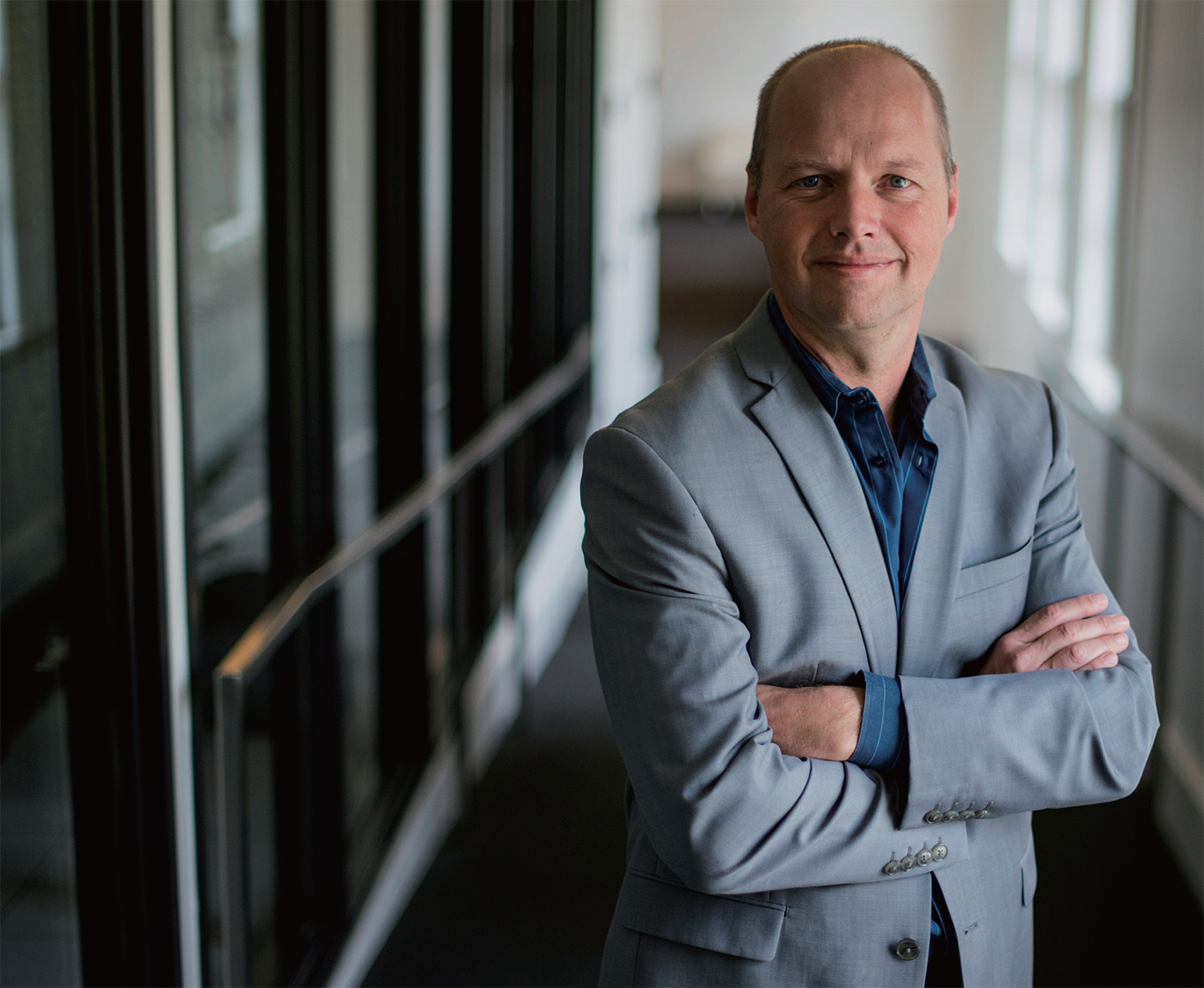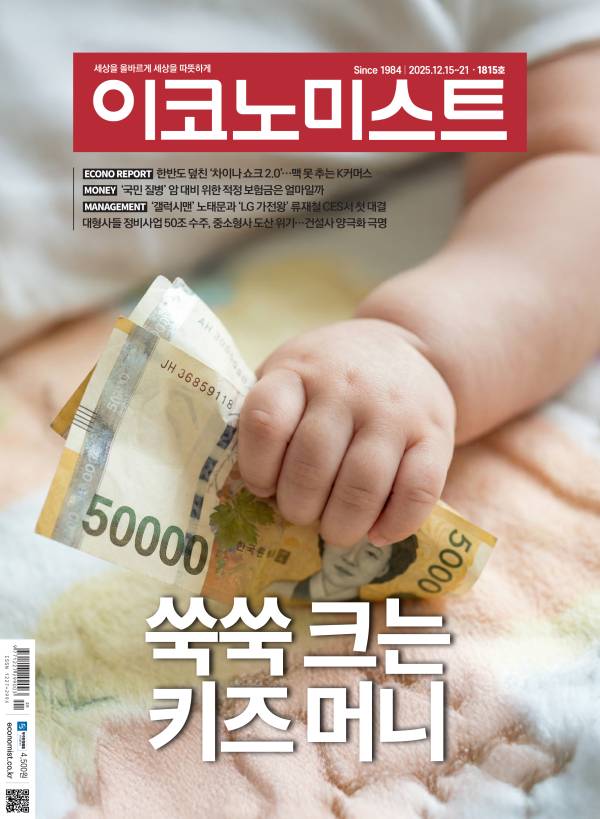- 대학도 TV처럼 해체된다

THE IVY LEAGUE, ONE LEAF AT A TIME
The Web is going to blow up education by unbundling college with nanodegrees.For more than a decade, we’ve been expecting the Internet to blow up universities. But last time anyone looked, colleges are still raising their tuition costs and getting record numbers of applications. Online courses have so far been about as disruptive to college as tofurkey has been to Thanksgiving.
But now a company called Udacity , partnering with Google, shows us that we’ve been focused on the wrong disruption. The big change won’t be the digitization of college—it will be the unbundling of the college degree into discrete, focused chunks, which Udacity calls nanodegrees. In other words, technology will assault the college degree, not the experience of college, and that will make all the difference.
In fact, if you play this development forward a decade, it likely means that an expensive B.A. or B.S. won’t be necessary for a good career. A lot of people will do really well by skipping college and assembling a collection of nanodegrees throughout their lives.
The nanodegree got its start earlier this year. Innovations often begin with a problem to be solved. Google was wrestling with a severe shortage of people who knew how to develop apps for Android phones. Somehow, Google needed to get more Android developers trained and working. Google asked for help from Sebastian Thrun, a former Stanford professor who used to run Google X labs and now is CEO of Udacity.
Thrun founded Udacity in 2011 to offer massive open online courses (MOOCs), which are online versions of traditional college courses. For Udacity and just about every other MOOC company, that business, to be blunt, has sucked. There are probably tons of reasons why MOOCs haven’t disrupted college and lured the masses, but here’s the main one: You can’t take Stanford-level MOOCs and come away with a degree that carries Stanford-level weight in the job market. While MOOCs are cheaper and more accessible than college, they confer few of the benefits of college—not the degree, the social networks, the football games or the throwing up at frat parties. So why bother?
To solve Google’s problem, though, Udacity began offering something completely different from college. An Udacity nanodegree program might cost a thousand bucks and take a few months to complete. It’s focused on a specific subject, like Android coding. At the end, you can take your nanodegree to Google job interviews, and the company will recognize its value and perhaps hire you.
At the end of September, the nanodegree moved another step forward. Udacity will offer the program in India and is adding Indian giant Tata as a partner. So now Tata, a huge, respected conglomerate of businesses ranging from cars to chemicals, will recognize Udacity nanodegrees when hiring.
You can see the path opening for other companies to embrace nanodegrees. Companies around the world find a shortage of coders, and they can’t expect a giant new batch to suddenly burst out of traditional four-year schools. If Udacity’s nanodegree-holding graduates prove capable in the workplace, employers will increasingly trust the value of a nanodegree. Before long, a nanodegree will become an accepted thing in technical circles.
But the concept does not have to be stuck in coding. Why not separate out any focused area of knowledge and create a nanodegree? A B.A. or B.S. from a college represents a bundle of courses taken and passed, supposedly representing a wellrounded education. But maybe the bundle isn’t all that helpful— the French lit course isn’t helping in your marketing job. And as you go through life, you might need knowledge that wasn’t in your original bundle. Sooner or later, Udacity or some entity is going to offer nanodegrees in all sorts of subjects: accounting, writing, ancient Greek history.
This kind of higher education seems to fit better with the modern age. “It’s a mistake to think that a single college education can carry you for a lifetime,” Thrun told The New York Times. “To keep pace with change, your education has to be done throughout your life.” Technology keeps driving faster change, affecting all industries. Just look how Airbnb is changing hospitality, or Zenefits is changing human resources. What you learned five years ago might not be worth a bowl of chili today.
A lot of people are developing overlapping, free-agent micro- careers, each needing a different skill set: freelance designer by day, Etsy seller at night, DJ on weekends. It must follow that a good way to advance micro-careers would be with nanodegrees.
Of course, there are lots of really good arguments for the whole, bundled college experience. For four years you grow up, learn how to think, get exposed to a lot of stuff and party your ass off. Maybe that will always be important to a certain slice of society. But the cool thing about nanodegree programs is that they’re not trying to be another version of college—they’re different from college. If employers accept nanodegrees, they will become a path to a full and successful life without the expense and time commitment of college.
Technology tends to unbundle stuff. Look how it’s unbundling television, or how it unbundled the music album. The college degree is a bundle that doesn’t work for everybody and creates unnatural market conditions, which is why college costs consistently rise faster than inflation. The next generation will be able to pull apart the college bundle the way people today are pulling the plug on cable.
They’ll just have to learn how to puke at parties on their own.
대학도 TV처럼 해체된다
원하는 방송만 골라 보듯 필요한 학위만 골라 받는 ‘나노학위’ 등장해우리는 10년이 넘는 세월 동안 인터넷이 대학을 혁신하리라고 기대했다. 그러거나 말거나 대학들은 여전히 등록금을 인상하고 역대 최다 입학생을 모집한다. 온라인 강의는 고등교육에 큰 파장을 일으키기엔 아직 역부족인 듯하다.
온라인 고등교육 업체 유대서티는 구글과 협력해 우리가 그동안 길을 잘못 들었음을 보여주고자 한다. 관건은 대학 교육을 디지털화하는 것이 아니라 학위를 구체적이면서도 핵심적인 조각들로 해체하는 것이다. 유대서티는 이를 나노학위라 부른다. 이제 기술은 대학 경험이 아니라 대학 학위를 공격한다. 이런 발전이 계속된다면 10년 뒤엔 비싼 학사 학위가 좋은 일자리를 얻는 데 필요하지 않을 듯하다. 대학 교육을 받는 대신 일생 동안 취득하는 나노학위를 조합하기만 해도 삶을 꾸려나갈 수 있게 된다.
나노학위는 올해 초 처음 시작됐다. 혁신은 종종 문제풀이에서 시작된다. 구글은 안드로이드용 앱 개발자가 부족해 어려움을 겪었다. 어떻게 해서든 개발자를 육성해야 하는 상황이었다. 구글은 과거 구글 X 연구소를 총괄했던 세바스천 쓰런 전 스탠포드대학 교수에게 도움을 요청했다.
쓰런은 2011년 기존 대학 강의를 온라인으로 제공하는 대규모 공개 온라인 강좌(MOOC) 업체 유대서티를 설립했다. 유대서티를 비롯한 여러 MOOC 업체의 실적은 좋지 않았다. MOOC가 대학 교육을 혁신하지도, 대중의 호응을 얻지도 못한 이유는 한두 가지가 아니다. 가장 큰 문제는 스탠퍼드대학 수준의 MOOC 수업을 이수했다고 해서 스탠퍼드대학 출신 학사와 같은 일자리를 얻을 수는 없다는 점이다. MOOC는 대학보다 저렴하고 접근하기 쉬운 만큼 혜택도 적었다. 학위·인맥은 물론 동아리 활동도 축제도 없는데 누가 관심을 갖겠는가?
유대서티는 구글의 문제를 해결하기 위해 대학과 전혀 다른 접근법을 취했다. 유대서티 나노학위 프로그램은 이수하기까지 수천 달러 비용과 수 개월 시간이 소요될 수도 있다. 안드로이드 코딩처럼 특정 과목에만 집중한다. 과정을 마치고 나노학위를 받아 구글에 입사지원서를 내면 그 가치를 인정받아 채용될 수도 있다.
지난 9월 말 유대서티는 한걸음 더 나아갔다. 인도에서도 나노학위 과정을 개설하는 동시에 인도의 대기업 타타그룹과 협력 관계를 맺었다. 자동차부터 화학까지 광범위한 분야에서 사업을 벌이는 타타그룹이 앞으로 채용 시에 유대서티의 나노학위를 인정한다는 의미다.
다른 업체들도 머지 않아 나노학위를 받아들일 것이다. 세계 각지의 기업들은 개발자를 구하려 애쓴다. 기존의 4년제 대학 제도에서 갑자기 인재들이 쏟아져 나올 가망은 없다. 만약 유대서티의 나노학위를 취득한 졸업생들이 실무에서 실력을 입증한다면 업체측의 신뢰도도 높아지고, 머지 않아 나노학위는 IT기술 분야에서 널리 인정받을 것이다.
꼭 코딩에만 국한할 필요는 없다. 다른 학문 분야도 분리해서 나노학위로 만들지 못할 이유가 있을까? 대학에서 주는 학사 학위는 취득자가 특정한 교과 과정을 이수했으며 균형 잡힌 교육 수준을 갖췄음을 보여준다. 하지만 그 과정이 그다지 도움이 되지 않을 수도 있다. 예를 들면 프랑스 문학 수업은 마케팅 업무에 도움이 되지 않는다. 게다가 살다 보면 대학에서 미처 배우지 못한 지식이 필요해질 수도 있다. 언젠가는 유대서티나 다른 업체가 회계·작문·그리스 고대사 등 온갖 과목에서 나노학위를 제공할 날이 온다.
변화 따라가려면 평생 공부해야이런 고등교육은 현대사회에 보다 어울리는 듯하다. “한번 받는 대학 교육이 평생 동안 유효하리라고 생각하는 건 착각”이라고 쓰런은 뉴욕타임즈에 말했다. “변화를 따라가려면 교육 역시 평생 계속돼야 한다.” 기술은 산업 분야를 막론하고 변화를 가속한다. 에어비엔비나 제네피츠 같은 업체가 해당 분야를 얼마나 바꿔놓았는지 생각해 보라. 불과 5년 전에 배운 지식이 현재엔 통용되지 않을지도 모른다.
오늘날 많은 사람들은 서로 다른 기술을 요하는 여러 프리랜서 임시직에서 동시에 일한다. 낮에는 프리랜서 디자이너로, 저녁에는 엣시의 판매자로, 주말에는 DJ로 일하는 식이다. 나노학위는 여러 직업 역량을 동시에 개발하기에 적합하다.
물론 기존 대학 교육에도 좋은 점은 많다. 4년에 걸쳐 다양한 경험을 하며 생각하는 법을 배운다. 아마 대학은 특정 사회 구성원들에겐 변함없이 중요할 것이다. 나노학위는 대학을 대체하겠다고 나서지 않는다는 점이 중요하다. 나노학위는 대학과 다르다. 만약 기업들이 나노학위를 인정한다면 사람들은 대학 교육에 시간과 비용을 들이지 않고도 성공적인 삶을 영위할 수 있게 된다.
기술은 기존의 묶음들을 해체하는 경향이 있다. TV가 그랬고, 음악이 그랬다. 대학 학위는 모든 이들에게 적합한 묶음이 아니다. 시장을 부자연스럽게 만든다. 대학 학비가 계속해서 물가 상승률보다 빠르게 높아지는 이유다. 다음 세대는 지금 사람들이 보고 싶은 방송을 골라 보듯이 필요한 학위만 골라서 받을 것이다. 축제에서 술을 잔뜩 마신 다음엔 어떻게 토해야 하는지도 스스로 깨우쳐야 하겠지만 말이다.
- KEVIN MANEY NEWSWEEK 기자 / 번역 이기준
ⓒ이코노미스트(https://economist.co.kr) '내일을 위한 경제뉴스 이코노미스트' 무단 전재 및 재배포 금지










![갓 잡은 갈치를 입속에... 현대판 ‘나는 자연인이다’ 준아 [김지혜의 ★튜브]](https://image.isplus.com/data/isp/image/2025/11/21/isp20251121000010.400.0.jpg)
![딱 1분… 숏폼 드라마계 다크호스 ‘야자캠프’를 아시나요 [김지혜의 ★튜브]](https://image.isplus.com/data/isp/image/2025/11/09/isp20251109000035.400.0.jpg)



당신이 좋아할 만한 기사
브랜드 미디어
브랜드 미디어
"서울시장 여조서 오세훈 제쳤다"…‘정원오 테마주’ 들썩
세상을 올바르게,세상을 따뜻하게이데일리
이데일리
이데일리
[단독] 침묵 깬 박나래 “절차에 맡기겠다”…전 매니저들과 법적 공방 본격 예고 [종합]
대한민국 스포츠·연예의 살아있는 역사 일간스포츠일간스포츠
일간스포츠
일간스포츠
이재명 “탈모도 생존 문제” 발언에…복지부, "건보 적용 검토"
세상을 올바르게,세상을 따뜻하게이데일리
이데일리
이데일리
국민연금 외환시장 역할론 시험대...새 이사장 첫 회의서 환율대응 논의[마켓인]
성공 투자의 동반자마켓인
마켓인
마켓인
심운섭 그래피 대표 “글로벌서 러브콜 쇄도…내년 수익개선 본격화”
바이오 성공 투자, 1%를 위한 길라잡이팜이데일리
팜이데일리
팜이데일리